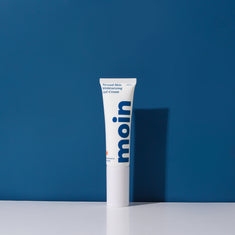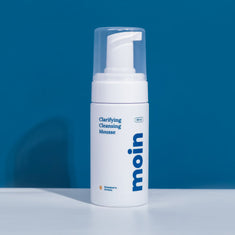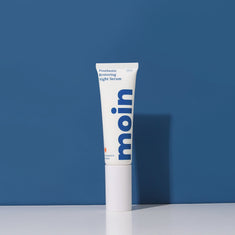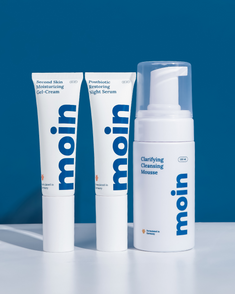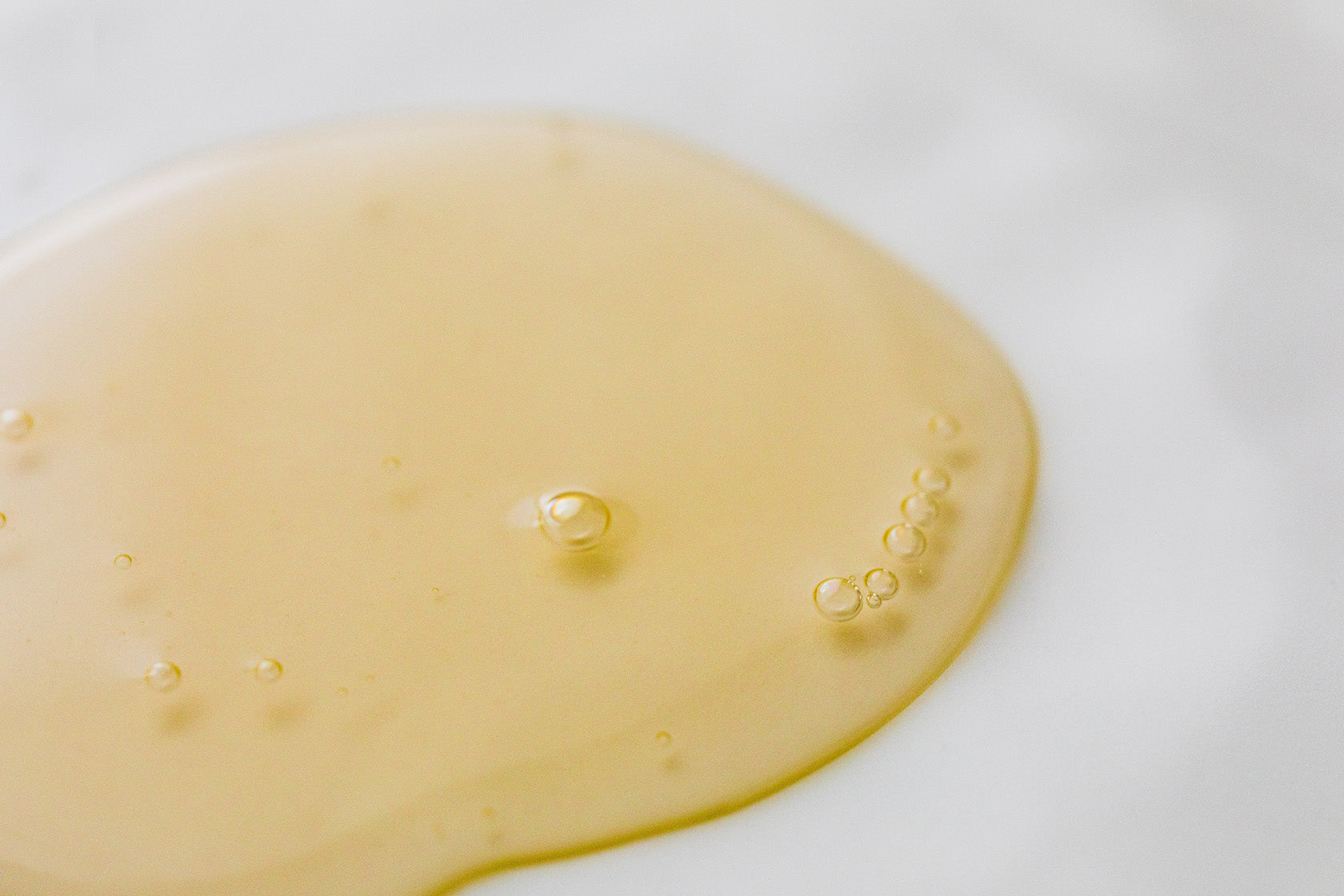Vitamin F for Your Skin
FYI, vitamin F is not really a vitamin. It is a blend of two fatty acids, namely omega-3 alpha-linolenic acid (ALA) and omega-6 linoleic acid (LA). Both of these compounds are long-chain polyunsaturated fatty acids and belong to a group of "essential fatty acid", which are fatty acids that human body cannot synthesize; therefore, they must be obtained from the diet.


Omega-3 and omega-6 fatty acids provide numerous benefits to human health. They provide cell structure, promote normal brain growth, prevent hypertension and cardiovascular disease, regulate inflammatory processes, and we can get them from food like sunflower seeds & oil, chia seeds, walnuts, tofu, fish, sesame oil etc.
So, it's good for our health... Is there any benefit for the skin?
The answer is absolutely and we love this ingredient although it's not as trendy as hyaluronic acid or niacinamide, but vitamin F can offer great benefit to you skin. In cosmetics, vitamin F is used as skin conditioning agent. Vitamin F, especially linoleic acid, plays a role in the production of ceramides. Therefore, it can help strengthen the skin barrier by providing structure to stratum corneum. Healthy skin barrier helps reducing the trans epidermal water loss (TEWL). So, if you have dry and scaling skin, using skincare product containing vitamin F can be beneficial to increase skin hydration.
If you have acne problem, vitamin F might help you mitigate the issue. Research suggests that individuals with acne-prone skin often have lower levels of linoleic acid in their sebum. Topical application of skincare containing linoleic acid may help balance the composition of sebum, making it less thick and less likely to clog pores.
Furthermore, people with other skin issues like atopic dermatitis, or even rosacea can be benefitted from the anti-inflammatory properties of this ingredient.
Ingredients with vitamin F
Interested in finding out the benefit of vitamin F? Look for products with these ingredients:
Chia seed oil
Chia seeds are the seeds of Salvia hispanica, which are ancient food source native to central and southern Mexico. Thanks to their nutritional values, nowadays we see chia seeds being incorporated in many foods like smoothies, granola bars, and yogurt. Chia seed oil is used a lot in personal care products because it contains high amount of alpha-linolenic acid and linoleic acid, one of the highest of any plant source.
Sunflower seed oil
Sunflower seed oil is an excellent natural ingredient for cosmetics because it absorbs quickly into the skin and does not clog pores. It is therefore an excellent emollient to soften and moisturize skin. Sunflower seed oil consists primarily of substantial amount of linoleic acid, which is the most common botanical polyunsaturated fatty acid. Because of it, topical application of sunflower seed oil can help maintaining the integrity of stratum corneum and avoiding water loss. Sunflower seed oil also provides some anti-inflammatory benefits. In a clinical study done in young male lambs, the wound areas are reduced by 300% after three days of sunflower seed oil treatment.
Safflower seed oil
Safflower or Carthamus tinctorius is a branched, herbaceous and thistle-like annual plant, which was first cultivated in Mesopotamia, with archaeological traces possibly dating as early as 2500 BC. Safflower seed oil is flavorless and has similar nutritional value to sunflower seed oil. That being said, safflower seed oil also contains high levels of linoleic acid. Even higher than in olive oil. In cosmetics, safflower seed oil is often incorporated to provide emollience and conditioning properties to the formula.
